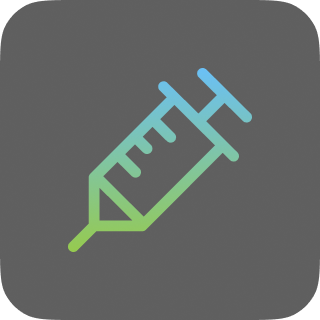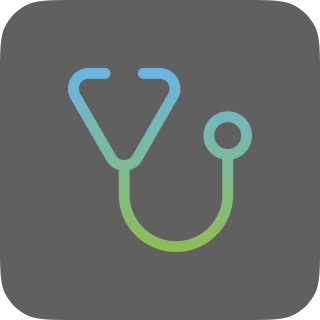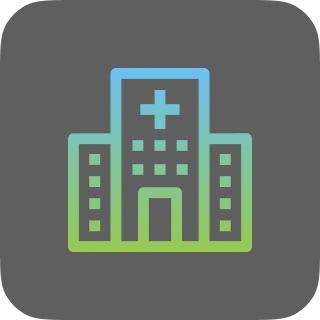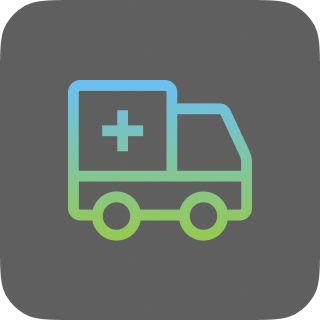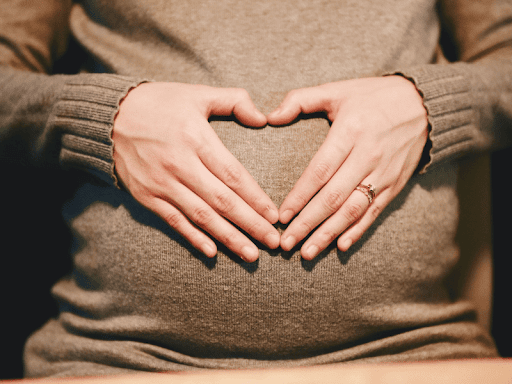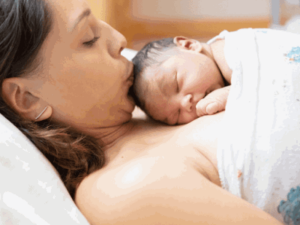Becoming a mother is a monumental transition, a shift that moves the tectonic plates of one’s existence, leading to the emergence of a new landscape. It’s not just about adding the role of a parent to one’s identity; it’s about negotiating an array of physical, emotional, and lifestyle changes that come with the territory of new motherhood.
At PAK Pediatrics, we understand the multifaceted nature of this transition. Recognizing the challenges and joys that come with becoming a new mother is integral to our practice. That’s why we’re always accepting new families and patients. It’s also why we put together this helpful guide to life after pregnancy, focusing on the various dimensions of changes that new mothers encounter and navigate.
The narrative of new motherhood is characterized by an interplay of physical and emotional shifts, coupled with significant lifestyle alterations. Post-pregnancy, the body works hard to return to its pre-pregnant state, leading to a series of physical changes. Meanwhile, hormonal shifts contribute to emotional changes that can range from mild mood swings to more serious conditions like postpartum depression. And then there are lifestyle changes, from evolving sleep patterns to the inevitable reshaping of daily routines and relationships.
As we delve into each of these facets, our aim is to foster a deeper understanding of post-pregnancy changes, empower new mothers with knowledge, and ensure they realize they’re not alone on this journey. Being informed and prepared can make the transition to motherhood smoother and allow new mothers to experience this transformative phase of life more fully and confidently.
Body Changes After Pregnancy
Many physical changes occur post-pregnancy as the body works to return to its non-pregnant state. This phase, termed the postpartum period, lasts approximately six weeks but can vary among individuals.
Breast Changes
Hormonal shifts following birth initiate breast milk production, causing breasts to become larger, tender, and sometimes, engorged. Some new mothers may also experience sensitive or cracked nipples as they begin breastfeeding.
Weight Shifts
Weight loss after pregnancy is a gradual process and varies with each individual. A healthy diet and exercise routine can support this process, but it’s essential to remember that every human body reacts differently.
Postpartum Bleeding
Known as lochia, postpartum bleeding can last up to six weeks following birth. The bleeding may be heavy at first, then gradually decrease.
Hormonal Changes
Hormonal shifts can lead to physical symptoms such as hair loss, changes in skin pigmentation, and even mood changes.
Emotional Changes After Pregnancy
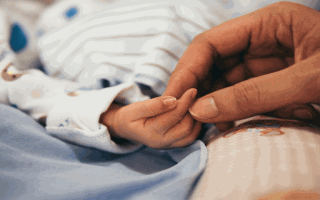
Everyone knows that mothers experience body changes after pregnancy, but did you know they can experience emotional changes, too? This is actually perfectly natural and is often tied to your body’s changing hormones. If you are experiencing emotional changes after pregnancy, talk to PAK Pediatrics. We can help refer you to a specialist who can help.
Baby Blues
Around 70-80% of new mothers experience ‘baby blues,’ a period of emotional sensitivity, irritability, and tearfulness that can begin a few days after birth and typically resolve within a few weeks.
Postpartum Depression
Unlike baby blues, postpartum depression (PPD) is a serious mental health condition that affects about 15% of new mothers. If feelings of extreme sadness, anxiety, or exhaustion make it difficult for a new mother to complete daily care activities for herself or her baby, it’s crucial to seek professional help.
Lifestyle Changes After Pregnancy
Being a mother is a major life event. As with any other such event, it’s common to experience lifestyle changes after pregnancy. To help you prepare, here are some of the biggest lifestyle changes you may encounter.
Sleep Patterns
Newborns have irregular sleep patterns, meaning new moms also have interrupted sleep. This disruption can lead to sleep deprivation, making coping with other changes more challenging.
New Responsibilities
Being responsible for a newborn’s well-being can be overwhelming, bringing about changes in daily routines and often sparking anxiety. Scheduling regular well-child visits with your pediatrician can help assuage any concerns you might have about your baby’s health.
Relationship Changes
The addition of a new family member can change the dynamics within a couple’s relationship and with other family members. Communication and mutual support are key during this period.




